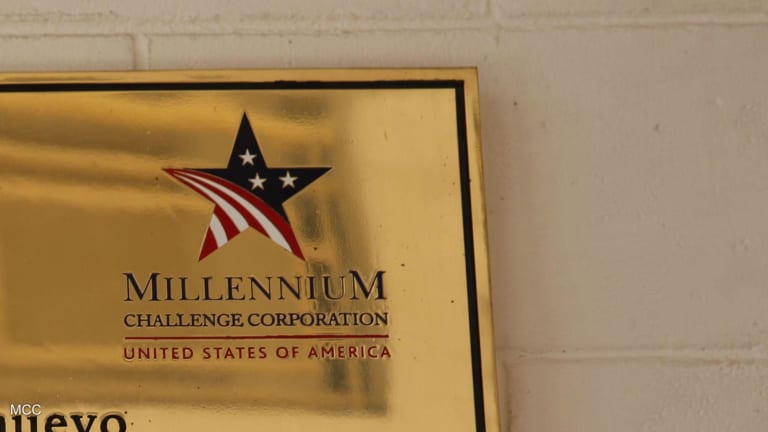The Millennium Challenge Corporation has survived the Trump administration’s foreign assistance review, but more than half of its programs are slated for cancellation.
“MCC's resulting portfolio will clearly align with the Trump Administration's America First foreign policy and ensure that the agency continues to make America safer, stronger, and more prosperous,” the agency posted in a statement on Friday. It noted that additional details will be available in the coming weeks following a board process and engagement with the U.S. Congress.
In April, MCC staff members were told that the Department of Government Efficiency, or DOGE, had informed senior leadership about a significant reduction in the agency’s programs and staff. The news sparked fears that the agency would be shuttered, even before the foreign assistance review was completed. A behind-the-scenes campaign seemed to stall that effort, according to sources, and it now appears the review concluded that the agency is here to stay, though the administration is seeking to gut a large portion of its programming.








